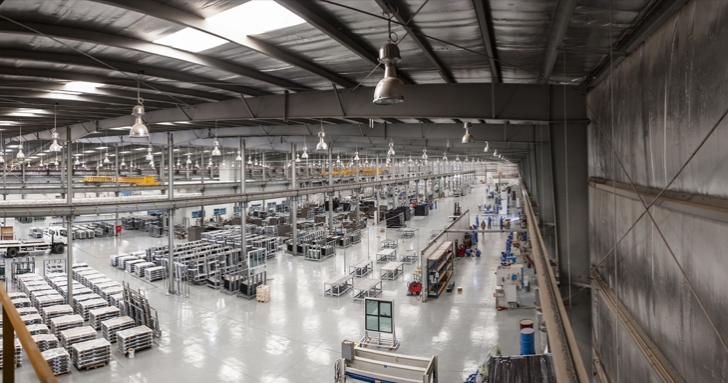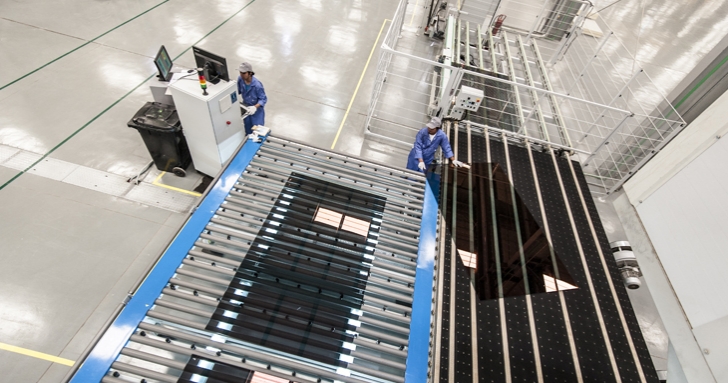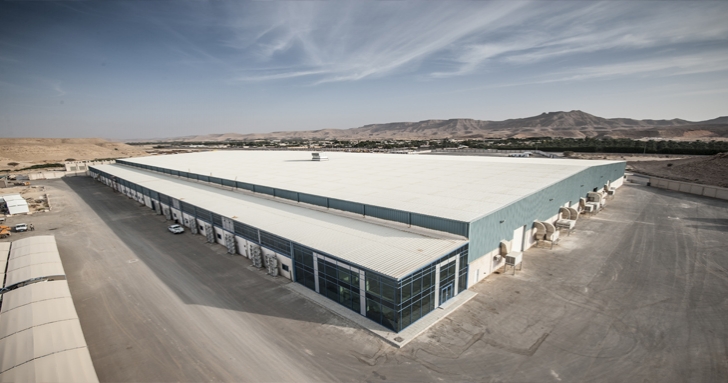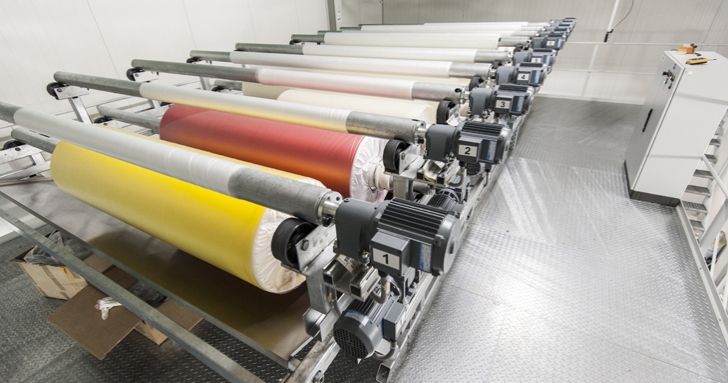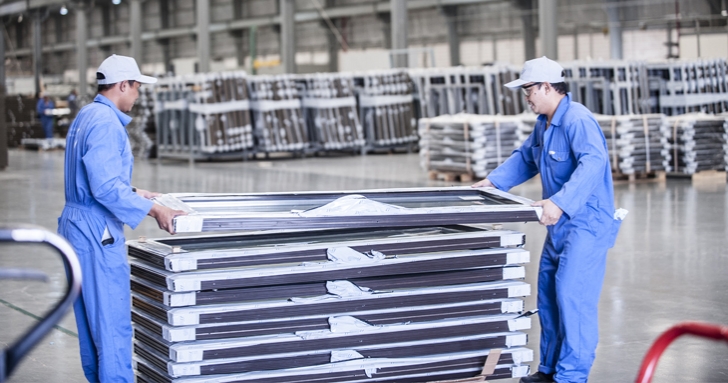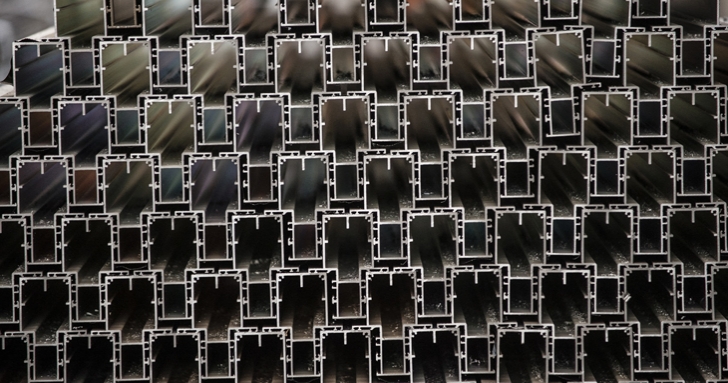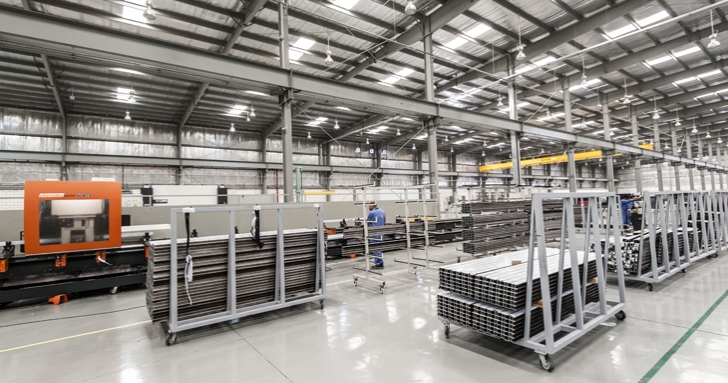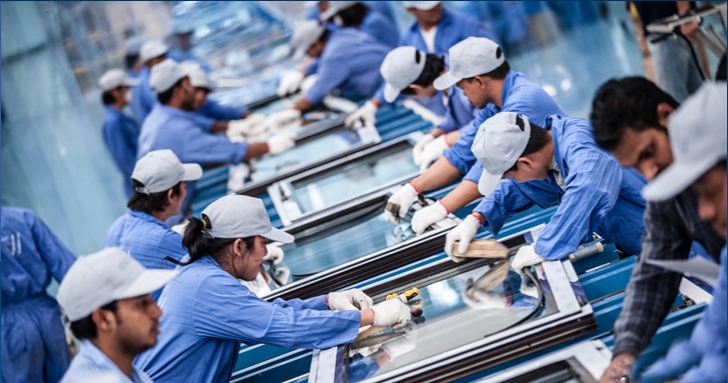Business Partners

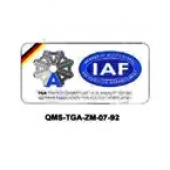






Product List : Product Details
Heat Soak Tested Tempered Glass
|
The production of float glass involves a highly sophisticated procedure for the blending andmixing of a number of natural raw materials to an extremely high degree of consistency. The volumes of material consumed are huge, considering that a typical Float Glass Line has a capacity in excess of 600 tons of glass pervday.
In any such large scale operation, there will always be a very small risk of the occurrence of impurities in the raw materials and these are mostly removed from the glass during the melting and refining phases of the process.
However, from time-to-time, there is a possibility that small particles of Nickel may be present in the raw materials , and which can pass through the entire float process during which they react with sulphur in the melting fuel to form Nickel Sulphide (NiS). Nickel Sulphide passes into the finished float glass as very small “inclusions” which are not detected by normal on-line electronic QC equipment. In annealed glass, NiS inclusions remain permanently dormant, but when the glass is fully tempered, any NiS inclusion located within the tensile zone will undergo a slow but progressive change ( usually between 6 and 36 months from date of manufacture ) to it’s crystalline structure, resulting in enlargement of up to 4% by volume. This progressive enlargement can cause immense pressure up to 500 000 psi within the tempered pane and will certainly result in spontaneous breakage, typically with two “butterfly-wing” particles at the exact location of the NiS inclusion. At this time, the NiS inclusion may now be visible to the human eye. Note, however, that any NiS inclusion located in the outer Compression Zone of the FT glass will remain unchanged and will not present any danger to the future integrity of the FT pane. Spontaneous breakage of FT glass due to NiSinclusions is not covered worldwide by any Manufacturer’s Warranty and replacement is done at Client’s expense.
Where Ft glass has been used in areas which present difficult and dangerous access for replacement of spontaneous Ft breakages , and where the cost of disruption and inconvenience greatly exceed the value of the glass itself. HEAT SOAK TESTING (HST ) is a cost-effective process to ensure that FT glass is almost totally free of potentially dangerous NiS inclusions. HST is an accelerated test to force the rapid growth of NiS inclusions ( if any ) in a large batch of FT glass in a controlled environment.
HST is carried out in a specially designed oven in which the FT glass is heated to 280 deg C and kept strictly at this temperature for a “Holding Time “ of 2 hours in accordance with the parameters of EN 14179. Any spontaneous breakage occurring during the Heat Soak Test is replaced by the Manufacturer. The cost of HST depends on the thickness of the tested FT glass. The volume of glass tested can be by agreed percentage of the total OR a random selection, OR 100% of the total at Client’s discretion. Note: however, that HST is not a Warranty and does not automatically insure that all harmful NiS inclusions have been detected. It is , nevertheless, a valuable reassurance that the glass is as safe as possible and that it can be expected to perform in a reliable manner (except for accidental breakage) throughout the life of the building. ArcGlass conduct Heat Soak testing to EN 14179 using a top-of-the-range HST Oven with a daily capacity of 6 tons in panes up to 5000 x 2400 mm (subject to availability). Type : cont as. |
News:



